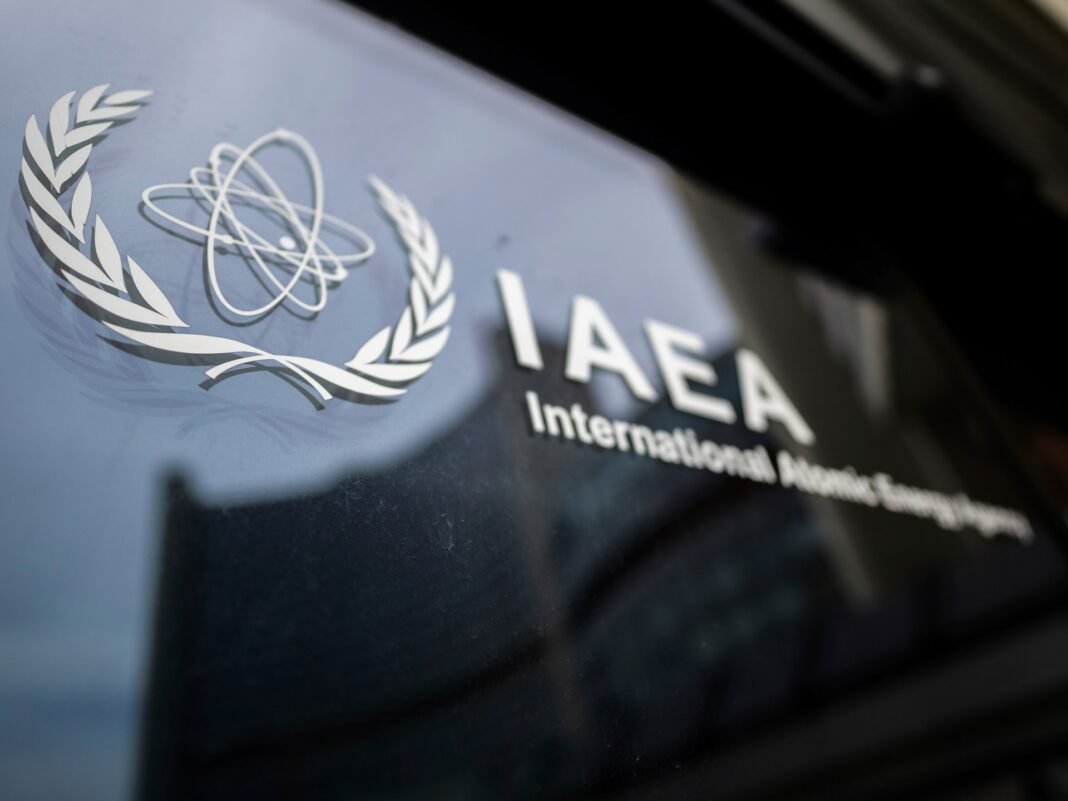IAEA Inspectors Withdraw from Iran Amid Escalating Nuclear Tensions
A team of International Atomic Energy agency (IAEA) inspectors has left Iran following Tehran’s decision to suspend cooperation with the nuclear watchdog. this development follows a recent 12-day military confrontation involving Israel and the United States,intensifying concerns over nuclear oversight in the region.
The IAEA confirmed that its personnel have returned safely to their headquarters in Vienna, Austria. Director-General Rafael Grossi stressed the critical importance of reestablishing dialog with iranian officials promptly to resume monitoring and verification activities at Iran’s nuclear facilities.
Military Clashes Trigger Disruptions in Nuclear Surveillance
the inspectors remained stationed in Tehran during a period of heightened conflict starting June 13, when Israeli airstrikes targeted Iranian military sites linked to defense research. These strikes caused casualties among senior commanders, scientists, and civilians associated with Iran’s defense sector. In response,U.S. forces launched bunker-buster attacks on key nuclear installations-a campaign reportedly delaying iran’s nuclear advancements by up to two years according to former U.S. officials.
Deteriorating Trust Between Tehran and the IAEA
Following these events, Iranian authorities voiced strong doubts about the impartiality of the IAEA. While reaffirming adherence to the Non-Proliferation Treaty (NPT), Iranian leaders criticized the agency for failing to explicitly condemn Israeli and American military actions against their territory.
Tensions were further aggravated by an IAEA resolution passed on June 12 accusing Iran of violating its nuclear commitments-just one day before Israel initiated its offensive-deepening mistrust between Tehran and international observers.
Legislative Measures Halt Cooperation with Inspectors
The Iranian parliament enacted legislation mandating a suspension of all collaboration with the IAEA; this law was ratified by iran’s Guardian Council shortly thereafter.The legislation requires that cooperation remain suspended until guarantees are provided ensuring security for both nuclear sites and personnel involved in inspections.
A spokesperson for the Guardian council described this move as essential “to uphold national sovereignty and protect territorial integrity.” Concurrently, President Masoud Pezeshkian officially ordered severance of ties amid growing suspicion toward international oversight bodies.
Iran Rejects Inspection Demands from International Watchdog
Foreign Minister Abbas Araghchi dismissed Director-General Grossi’s requests for access to damaged facilities under safeguard agreements as “pointless” or potentially hostile attempts aimed at undermining Iranian interests.
“Iran retains full rights to defend its sovereignty, people, and national interests,” Araghchi declared firmly.
Divergent Global Responses Reflect Unease Over Nuclear Ambitions
The U.S. Department of State condemned Tehran’s suspension as “unacceptable,” urging a return toward diplomatic engagement rather than escalation. Washington reiterated its stance that “Iran cannot-and will not-acquire a nuclear weapon,” emphasizing ongoing regional security concerns despite no conclusive evidence proving weapons development within Iran’s civilian programme framework.
Navigating Uncertainty Amid Heightened Nuclear Ambiguity
This withdrawal marks an uncertain chapter regarding oversight over one of today’s most sensitive atomic programs worldwide. Experts warn that without obvious inspections or effective verification mechanisms operating inside Iran, global confidence in non-proliferation efforts risks significant erosion over time-potentially destabilizing regional security dynamics further amid rapid technological advances enhancing surveillance capabilities since 2020 alone.*
- Status Update: While some inspectors reportedly remain inside Iran under restricted conditions, others exited via land routes through Armenia before returning home; exact figures have not been publicly disclosed.
- Nuclear Program Focus: Despite persistent allegations concerning weaponization ambitions from various actors globally, neither intelligence agencies nor international monitors have uncovered definitive proof confirming active development of atomic arms within Tehran.
- Sovereignty issues: The dispute underscores broader geopolitical tensions where national pride intersects complex diplomacy surrounding disarmament treaties amid volatile regional conflicts.
An Increasingly Complex Challenge for Global Security Architecture
This episode highlights how fragile international agreements become when trust erodes between enforcement bodies tasked with compliance monitoring versus states subject to scrutiny-especially during active conflicts impacting critical infrastructure tied directly or indirectly to weapons capabilities worldwide today more than ever before given accelerated technological progress affecting surveillance methods globally since early 2020.*
“Addressing this crisis demands renewed diplomatic initiatives prioritizing clarity while respecting sovereign rights,” analysts advise cautiously looking ahead toward future negotiations involving all parties committed to preventing proliferation risks.”





